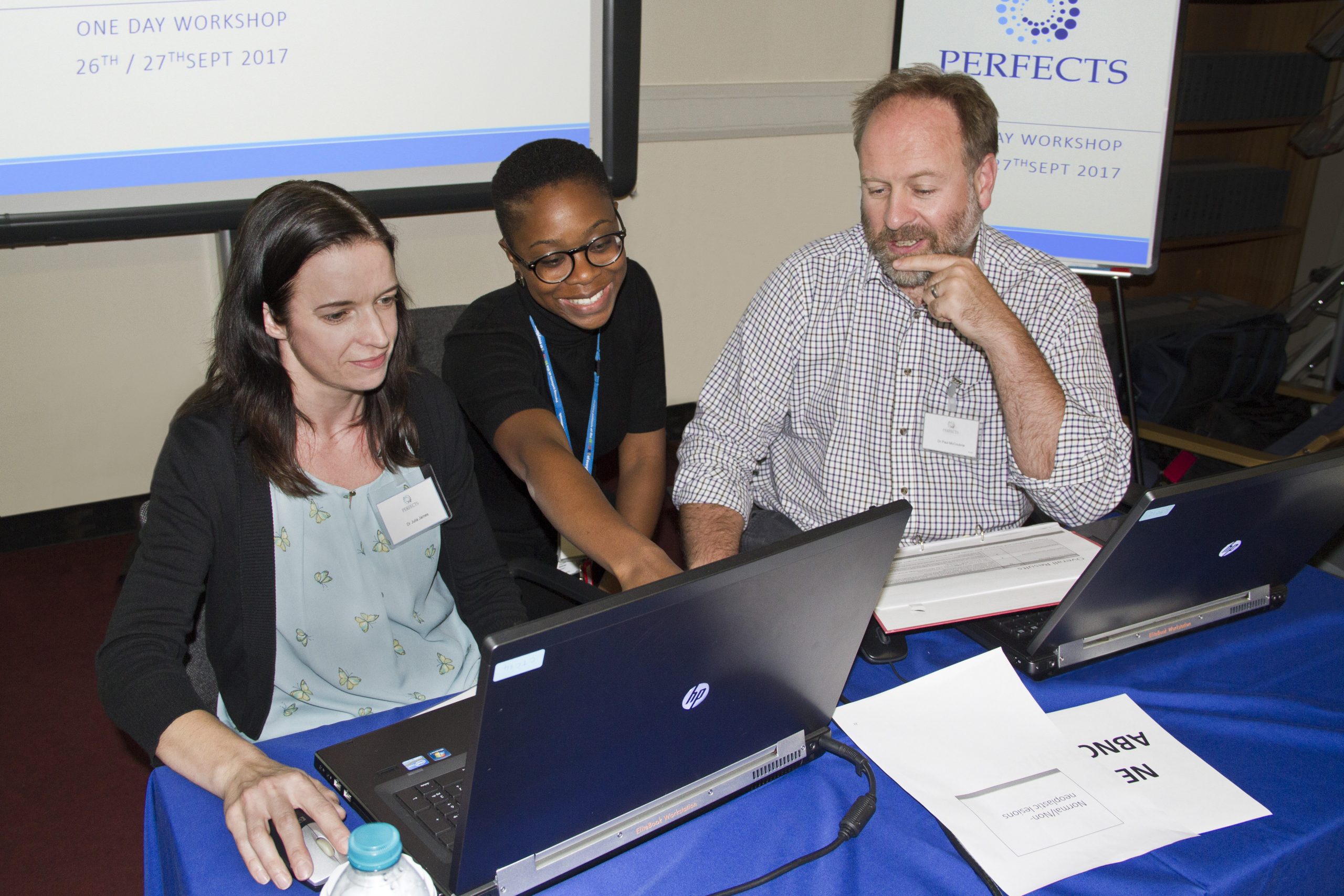CT colonography (CTC) is an alternative to traditional colonoscopy and can be used for frail, older and fearful patients to identify pre-cancerous and cancerous growths.
Radiologists reporting CTC do not undergo compulsory training or performance monitoring, which may lower diagnostic sensitivity. The PERFECTS programme at St Mark’s and UCL therefore sought to determine whether 1-day individualised training in CTC reporting improves diagnostic sensitivity of experienced radiologists for 6-mm or larger lesions, and how long that improvement lasted. The project attracted financial support from several funders, including 40tude Curing Colon Cancer.
The PERFECTS team concluded that, for radiologists evaluating CTC studies, a 1-day training intervention yielded sustained improvement in detection of adenomas. This improvement was independent of previous career experience and lasted for at least one year. Adenomas are the most common precancerous colon polyp, and are believed to be the precursor for about 80% of colorectal cancers.
The success of the PERFECTS project has contributed to the creation of the National CT Colonography Training & Accreditation Programme. Involving the core PERFECTS team, it aims to train, test and performance monitor radiographers and radiologists who perform and interpret CTC.
Dr David Burling, a Consultant Radiologist at St Mark’s and the Programme Director of the national programme, says:
‘‘PERFECTS is a great example of a study with important findings changing practice for the better, here shining a scientifically sound light on the variability of bowel cancer diagnosis across England while also showing a possible solution…the impact is wide and strong with development of a national training programme as the next step in the process of improving diagnosis.’’
Dr Anu Obaro, a Consultant Radiologist at St Mark’s, Project Lead for PERFECTS and Online Training Lead for the national programme, says:
‘‘PERFECTS was an ambitious, unique study which recruited radiologists from all over England and Wales. We were able to robustly test a training model which has had real-world impact and will inform CTC training in the future. We’re indebted to all the radiologists who participated and look forward to continuing our work to improve early detection of bowel cancer.’’
